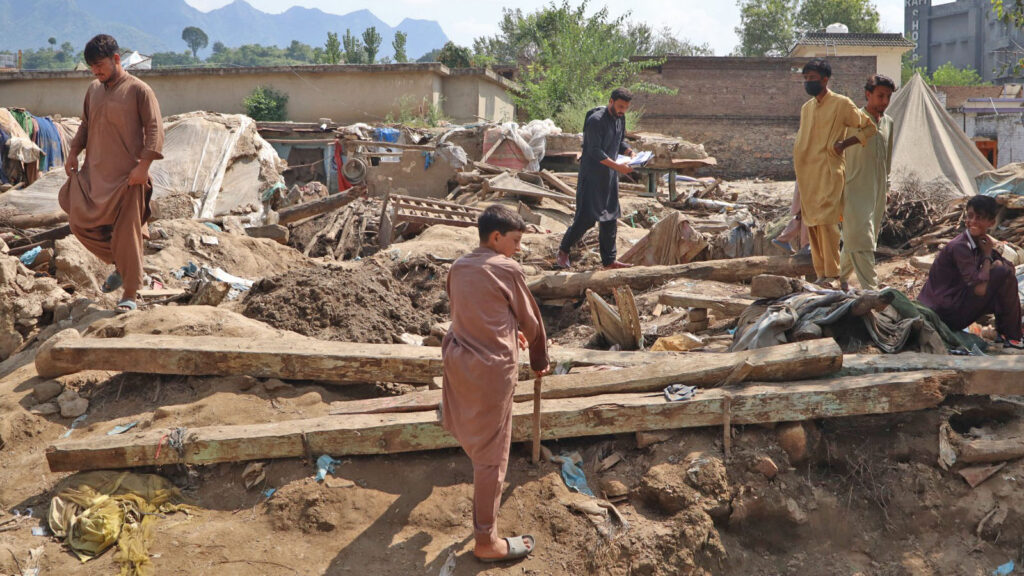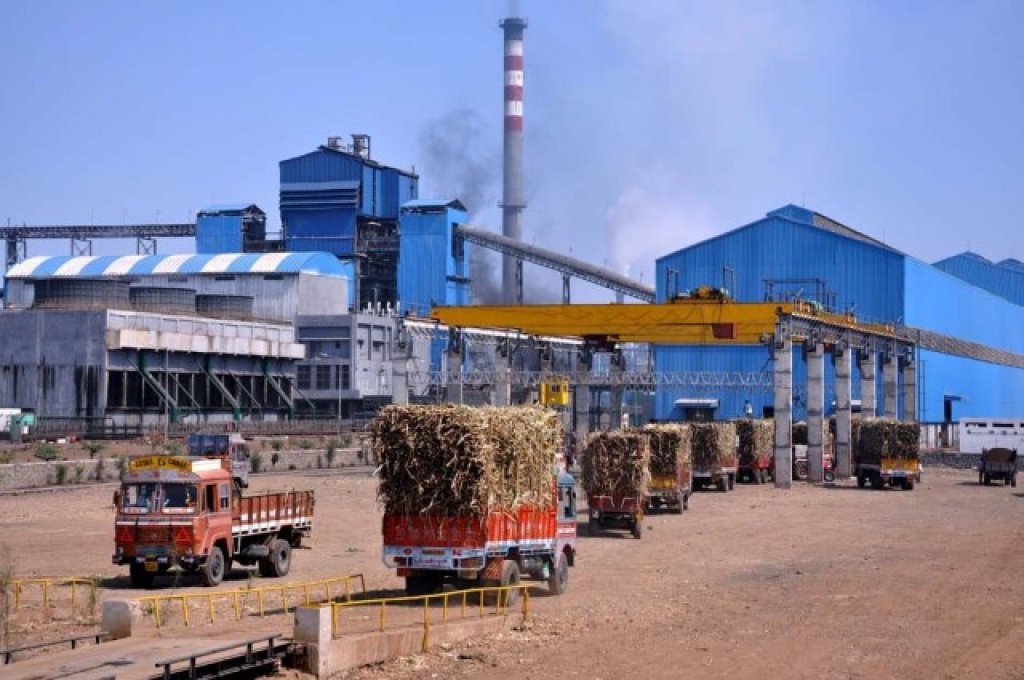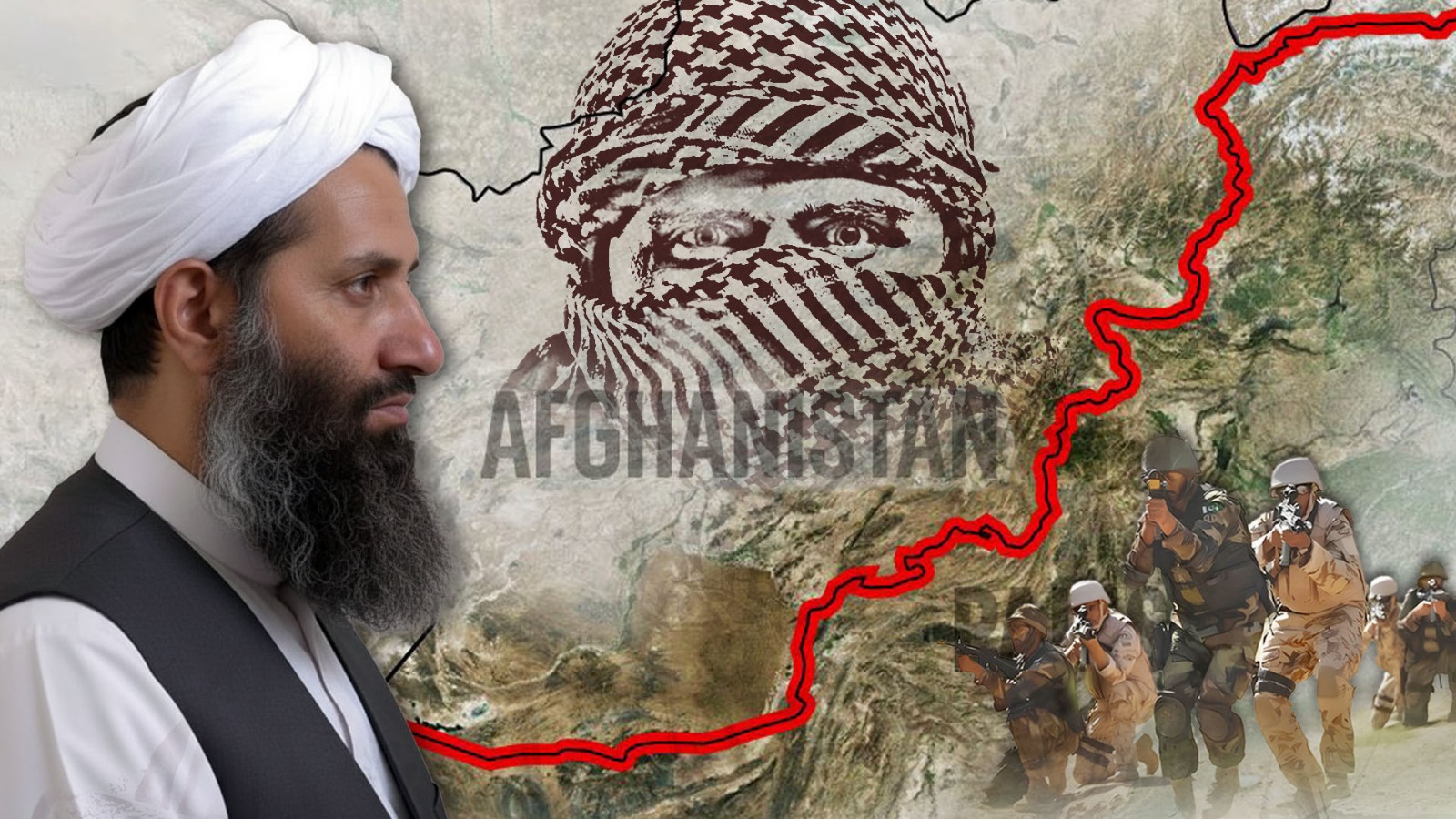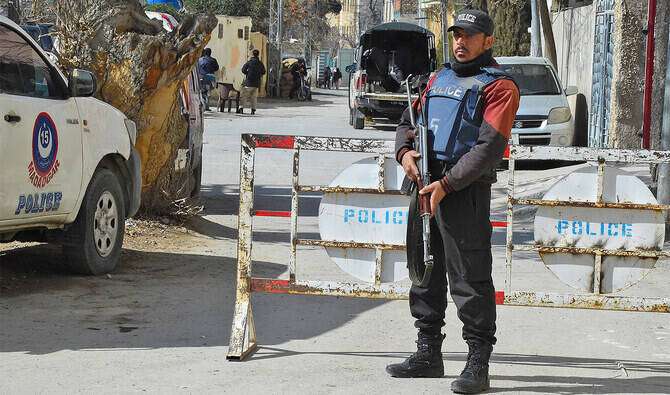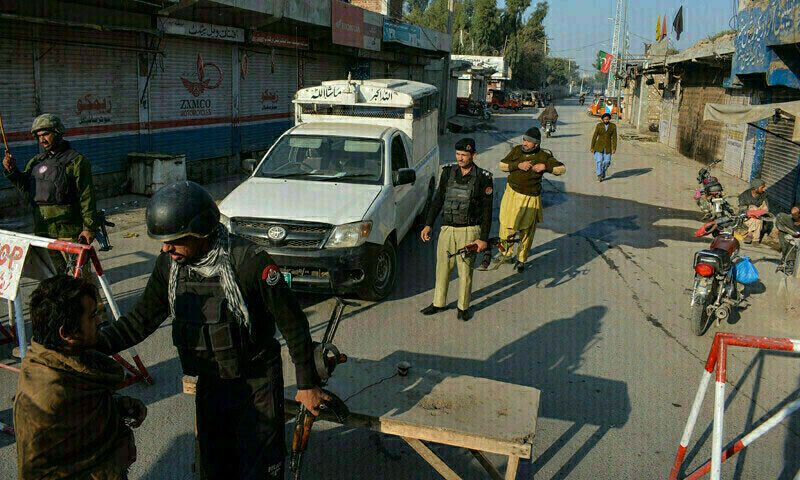BY Rehan Mohammad
This year’s heavy rains and floods have caused widespread destruction across Pakistan. The disaster has not only led to major financial and human losses but has also deeply affected people’s mental health.
Mental health experts say that watching and hearing the tragic stories of flood victims on social media has caused many people to suffer from psychological distress. Dr. Shahab Khan, who runs relief camps in flood-affected areas of Khyber Pakhtunkhwa, said that not only the victims but also those who have seen their videos and photos are struggling with trauma and anxiety across the country.
According to the National Disaster Management Authority (NDMA), the recent monsoon rains and floods have killed 1,006 people across the country. The highest number of casualties, 504, were reported in Khyber Pakhtunkhwa — including 90 children, 338 men, and 76 women. Punjab recorded 304 deaths, Sindh 80, Balochistan 30, Gilgit-Baltistan 41, Azad Kashmir 38, and Islamabad nine. A total of 1,063 people were injured, most of them in Punjab (661) and Khyber Pakhtunkhwa (218).
In the Chagharzai tehsil of Buner district, 60-year-old Sameeron stood in tears as she looked at her mud-filled, destroyed home. She said this was the place where the bodies of her three daughters and three grandchildren were recovered. She told reporters that on the day of the flood, her daughters and grandchildren were inside the room when a powerful wave broke through the back wall, bringing in water and large stones that killed everyone instantly.
Jabgai village, where Sameeron lives, was one of the hardest-hit areas — 28 people died there, 23 of them from the same family. Her stepson, Masood Shah, said that since the floods on August 15, the entire family has been under extreme mental stress. He does not allow his mother to enter the room where her daughters died, but she still goes there and cries. Masood added that his mother often recalls her lost loved ones, speaks irrationally, and has developed a deep fear of rain and clouds.
Dr. Sardar Alam, a psychiatrist who treats patients in Islamabad and Buner Daggar, said, “After the floods, every person in the affected areas has been mentally impacted in some way.” He explained that the number of patients has increased compared to before because people are suffering from severe trauma and are in great need of psychological care.
Buner is among the worst-affected districts in Khyber Pakhtunkhwa. Shaukat Ali, a resident of Malik Pur in Pir Baba, said his house was completely destroyed by the floods. He recalled that when the water suddenly rushed in, his entire family of 13 people climbed onto the roof for safety. “We tied ourselves together with a rope so that if we died, we would die together,” he said. “It was a scene of doomsday — one I can never forget.” Shaukat added that he keeps reliving those moments and has lost his peace of mind. His family members, especially women and children, are too afraid to return to the damaged home.
Dr. Shahab, who is currently working with a non-governmental organization providing medical support in flood-affected areas, said that after the recent floods, many people have developed mental health disorders. “Almost every second person is suffering from some kind of psychological issue,” he said. He added that during his daily visits to medical camps, most patients complain about physical illnesses that are actually caused by mental stress.
Sher Afzal, a resident of Gagri village in Daggar tehsil of Buner district, lost his home in the recent floods. He now has neither a place to live nor any steady income to rebuild his house. “People pray for rain,” he said, “but I fear even a single drop of it, thinking another flood might come.” He added that during the day, he works to repair what’s left of his home, but at night, out of fear of darkness and rain, he goes to stay with his relatives.
Sadiqa, a 45-year-old woman from Malikpur in Pir Baba, also lost her home completely in the floods and now lives in a tent. One of her sons died in the disaster, and his wife and three children now stay with her in the tent, while another son works in Lahore. Sadiqa said she and her husband used to work in the fields, but the floods destroyed both their crops and their house. “Whenever I hear raindrops, I immediately rush to a nearby mosque or my relatives’ house because I’m terrified it might flood again,” she said. “Life in a tent is also full of hardship — there are no basic facilities.”
Psychologist Dr. Amina Khan, who provides free treatment in medical camps for flood victims, said that many women and children visit her camps with similar problems. According to her, most patients suffer from anxiety, sleeplessness due to fear of the night, and a constant fear of rain or clouds. She explained that in addition to medicines, patients are taught simple techniques to reduce mental stress at home. “Some patients have very serious conditions,” she said, “and they require regular therapy sessions or long-term treatment.”
According to the Khyber Pakhtunkhwa Health Department, many diseases have spread in Buner district after the floods — including skin infections, eye infections, cholera, malaria, dengue, and mental health issues. Health Department spokesperson Attaullah said the government has sent medicines and medical equipment to Buner and other affected districts to control the situation, while several government and charity organizations have set up free medical camps.
In one such camp, Dr. Nadia shared a heartbreaking story from Swat. “A woman came to our camp crying,” she said. “She had suffered three miscarriages before, and now she fears losing her fourth pregnancy.” Dr. Nadia added that the woman’s husband is unemployed, and the flood has worsened their situation, making it difficult for her to afford proper treatment. “We tried to comfort her,” she said, “but the fear in her eyes was still visible.” According to Dr. Nadia, dozens of mothers and children have developed health problems caused by psychological stress after the floods.
Mental health expert Dr. Amina emphasized that to overcome stress, people must express their feelings openly instead of keeping everything bottled up. “They should focus on positive thoughts and avoid negativity,” she said. “Mental health patients not only need medication but also at least three months of rest, psychotherapy, and regular consultation with a doctor.”
Social worker Muhammad Sohail, who works with a charity organization, said the floods have caused immense losses, leaving people anxious and hopeless about the future. “Now it’s important to help people restart their businesses and rebuild their homes,” he said. “This will help them focus on work and regain hope.”
Psychologist Dr. Syed Ilyas Shah from Peshawar said that a calm environment and reduced stress are essential for mental well-being. “Women and children are the most affected,” he said. “Women were already burdened with household work and childcare, and disasters like floods have only increased their exhaustion.”
He added that constantly watching distressing stories on social media also increases anxiety. “People should limit their mobile use to necessary or recreational purposes only,” Dr. Shah advised.

